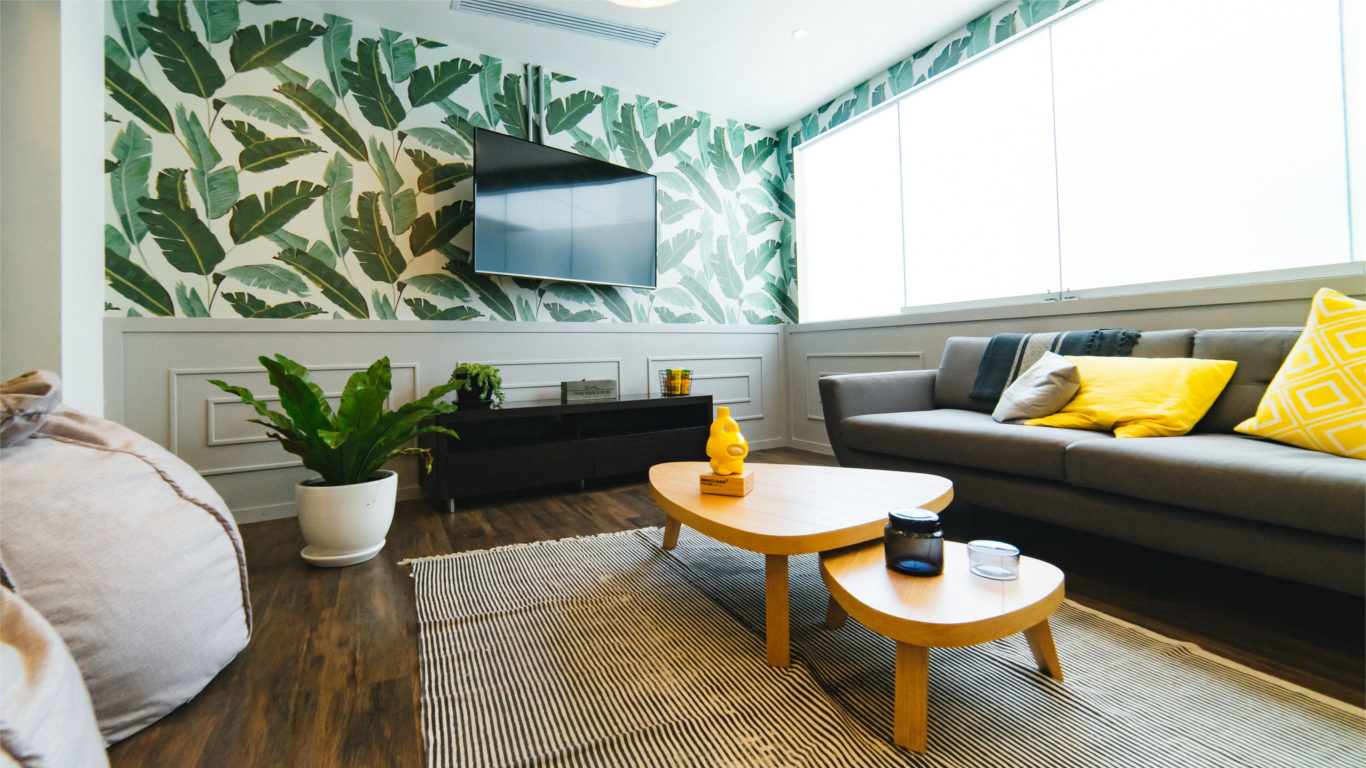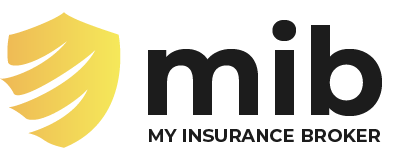Do I need Home Insurance if I am a homeowner?
Your home is a very important investment. Imagine losing all the things you have worked so hard to obtain in a split second, your personal items, memories and assets, due to an unexpected occurrence.
As a homeowner, it is essential that you insure your house for replacement costs against unexpected occurrences and perils such as fire, explosion, impact by aircraft or land vehicle, water damage, theft or other insurable peril. Homeowner’s insurance covers your property, its contents and personal liability of you (the policyholder), your spouse and dependent children.
Although home insurance is not mandatory, most banks and mortgage companies require that you obtain it before funding to purchase a home can be issued. The type of dwelling building you live in will determine the class of insurance you will need to acquire.
A My Insurance Broker adviser can help you to obtain a customized insurance plan for your home and will advise you on the type of coverage you need. Whether you are a homeowner, tenant, condominium unit owner, own a mobile home, or require additional insurance for your secondary dwelling, a My Insurance Broker adviser will equip you with the knowledge you need so that you can make an informed decision!

Homeowners Insurance covers your property, its contents and personal liability.
What type of habitational insurance coverage should I obtain?
Your insurance broker will help you to identify the type of coverage you need based on your specific circumstances. The type of coverage options available include:
Special/comprehensive policy- This is the broadest form of habitational coverage available and provides coverage for the building and personal property of the insured for all risks of direct physical loss or damage, subject to policy conditions and exclusions.
Broad form policy- This insures your dwelling against loss arising on an “all risks” basis and your personal property against perils specifically named in your policy.
Standard, basic or named perils policy- This insures against specific perils named in your policy.
In order to adequately compensate you and indemnify you in the event of a loss from an unforeseeable circumstance, your standard homeowner’s insurance policy covers the following areas with additional coverage options and increased limits of insurance:
The Standard Homeowners Policy Includes:
A standard Homeowners Insurance Policy is split into two separate divisions:
- Section I – Property Coverage
- Section II – Liability Coverage
If one was to look at a home insurance declarations page, which is usually the first page in a policy, they would see Sections I: Property and II: Liability. This protection is usually broken down into additional sections:
- Section I: Property Coverages
- Coverage A – Dwelling Building
- Coverage B – Other Structures
- Coverage C – Personal Property
- Coverage D – Loss of Use
- Section II: Liability Coverages
- Coverage E – Voluntary Personal Liability
- Coverage F – Voluntary Medical Payments
Section I – Property Coverages
Coverage A - Dwelling Building
In addition to the “building itself”, your home insurance policy covers its attached structures such as an attached garage, greenhouse or sundeck; an outdoor swimming pool and attached equipment on the premises; and outdoor equipment that is permanently installed on the premises.
Coverage B - Detached Private Structures
A detached private structure is considered as any structure on your premises that is “separated from the building by a clear space” which is not included under Coverage A. Examples include a detached garage or shed.
Coverage C - Personal Property
Your personal property includes “all dwelling contents, clothing and other personal items, that you own, wear or use while on the premises”, subject to special limits of insurance.
Coverage D - Additional Living Expense
Your home insurance policy would cover additional living expenses if your home is damaged by an insured peril, which makes it uninhabitable while repairs are being made. If you are also a homeowner who rents a section of your home or detached private structure, which is made unfit for occupancy due to damage from an insured peril, you would be compensated for the reasonable time required to repair or replace that part of the dwelling.
Section II - Liability Coverages
Coverage E – Voluntary Personal Liability
The personal liability section of your home insurance policy covers unintentional bodily injury and property damage to a third party while on your premises, or while partaking in personal activities anywhere in the world. Your liability coverages will protect you if you are sued and will pay compensatory damages if you are held legally liable. This section of your home insurance policy also covers:
Coverage F – Voluntary Medical Payments
Voluntary Medical Payments to a third party who has suffered unintentional bodily injury and property damage while on your premises. These payments will be made whether or not you are held legally liable and will be subject to a specified limit. Typical medical expenses that are usually covered include surgical, dental, hospital, nursing ambulance and funeral expenses.
Voluntary Payment for Damage to Property is made for unintentional property damage caused by the insured to the third party even though they may not be at fault.
Bear in mind that as with all insurance policies, your home insurance policy is also subject to exclusions and the perils covered. A peril is an event that may cause a loss to occur. Additional optional coverages can be purchased to cover perils not usually included in your standard home insurance policy via endorsements.

Homeowners Insurance covers your property, its contents and personal liability.
Are optional coverages available to cover perils not included in my standard home insurance policy?
Yes, there are optional coverages available including:
- Guaranteed Building Replacement Cost (GBRC)
- Inflation Guard
- Scheduled Items
- Seasonal dwellings (cottages) and secondary residences
- Identity Theft Endorsement
- Sewer Backup Endorsement
- Rental properties
- Watercraft coverage, including liability coverage
- Home-based businesses and equipment
- Earthquake Coverage
Guaranteed Building Replacement Cost (GBRC)
This special coverage will pay the cost to rebuild your home as it was described, even if it were to cost the insurer more than the limitations listed on the policy. Certain conditions must be met for this coverage to be valid. It’s important that when you setup your Homeowners Insurance policy you provide the most accurate details when determining the reconstruction cost so that this coverage may apply.
Inflation Guard
This increases the amount of your Homeowners Insurance to keep up with the cost of inflation so that you can maintain adequate coverage to replace your home in the event of a loss. If a home were to keep the same amount that it had when the policy was issued you would likely encounter a situation where you were underinsured unless you had an Inflation Guard protecting your dwelling values.
Scheduled Items
This coverage protects articles such as jewelry, furs, stamps, coins, guns, computers, antiques, and other items that often exceed normal policy limits in your regular Homeowners Insurance policy. Coverage is often broader than the coverage in the homeowner’s insurance policy. There normally is not a deductible for this coverage. Increased limits on money and securities provide additional coverage for money, banknotes, securities, and deeds.
Secondary Residences
Coverage provided for a second home such as a summer residence, or seasonal cottage. Consult with your broker to discuss all the limitations of this type of coverage as it can vary greatly amongst insurers.
Identity Theft Endorsement
Protect yourself from the costs of repairing your identity once it has been stolen. Many insurers offer this coverage with certain benefits, some don’t even count Identity Theft claims as chargeable against your policy (so you would keep your claims free discount even in the event of a claim). Identity Theft has become frequent and this coverage is recommended. It is not often standard on Homeowners Insurance policies.
Sewer Back Up/Water Escape Coverage
More and more communities across the country are experiencing inclement weather, heavy rainfall, flash floods, blocked sewer systems and inadequate storm water infrastructure, which has resulted in more flooded basements and water damage.
According to the Insurance Bureau of Canada, the torrential rainfall that flooded towns in June 2013 in southern Alberta, was one of Canada’s costliest natural disasters and amounted to $1.72 billion in insured damage. If you live in a low-lying area, you will be susceptible to an overflow of sewage water into your basement, which is detrimental to your health and can be costly to rectify.
Sewer backup/Water Escape Coverage Insurance is vital if you live in an area that has combined storm and sanitary sewers. When heavy storms occur, the extra volume from combined sewers can overwhelm pipes and cause floods leading the excess water to divert into your sewer line and into your basement.
To help prevent sewage from an overloaded municipal sewer from backing up into your basement, you should consider installing a backflow prevention valve. Loss or damage to your property as a result of accidental escape of water from a sewer, storm drain, drain, sump, septic tank, eaves trough, or downspout, or from the melting of snow on the exterior of the roof would be included under your sewer backup insurance coverage.
Earthquake Coverage
Loss or damage caused directly by the peril of earthquake is insured for an additional optional premium. Your dwelling building, detached private structures, personal property and additional living expense against direct physical loss or damage caused by earthquake shock at your premises, subject to exclusions would be covered.
Do you own a Home Business?
If you own a home-based business, your home insurance will not be able to adequately protect your business operations and only offers minimal coverage for your business assets including books, tools and instruments while on the premises. You can purchase additional coverage for your business property by adding a Home Business Extension Endorsement to allow for commercial use of your property. A standard home business extension endorsement will include coverage for business property both on and off the premises; electronic equipment utilized for business purposes such as computers, fax machines and copiers among others, business data coverage; credit card coverage for business credit cards; Business Interruption and Extra Expense; products and completed liability coverage as well as Personal Injury Liability.
Not all classes of home-based businesses however, will be eligible for coverage under a home business extension endorsement and therefore a Home Business Insurance policy will need to be purchased. My Insurance Broker provides coverage to home business owners under its uBiz Insurance plan which provides:
- Commercial General Liability (protection against claims of bodily injury or property damage to a third party)
- Home Office Contents Insurance (help to replace business-related items)
- Legal Expense Insurance (defence costs for business and personal legal matters)
Get your home business insurance quote and speak to a My Insurance Broker Adviser about coverage for your home-based business.
Do you know how much your personal property is worth?
You should take an inventory of your personal belongings and your home’s contents so as to receive adequate compensation in the event of a claim. Keep bills, receipts, warranties and instruction manuals of your more valuable possessions in a safe place, as they can serve as proof of ownership. Your home inventory should be reviewed annually and kept up- to-date and personal property in each section of your dwelling, should be accounted for, including your basement, storage and garage.
Are you a home owner who is a landlord or do you own rental property that you don’t live in?
If you are a homeowner who rents out a section of your home or detached private structure, or if you own rental property that you don’t live in, then you will need a rental policy. Each tenant that rents your property poses a different risk which may not be covered under your standard home policy. Your rental policy covers damage to your dwelling including appliances, heating and cooling systems; lost rental income if the rented section of your home is rendered unfit for occupancy due to an insured loss and defence costs arising from a lawsuit. Failure to inform your insurance representative of any adjustments in your living arrangements that may pose further risks, may result in your home insurance policy being voided.
Do I qualify for discounts?
You may be eligible for a series of discounts depending on the carrier you are with. Some of these discounts include Home and Auto discount, Monitored Alarm discount, Non-Smoker discount, Mortgage Free discount, Age discount and Increased Deductible discount.
My Insurance Broker is one of Ontario’s fastest growing on-line and community dedicated brokerages. We understand the importance of having a “trusted insurance adviser” and will provide you with the support you need when faced with life’s uncertainties. A My Insurance Broker representative will assist you to get the most comprehensive coverage for your home that gives you the protection and “peace of mind” you deserve. Reach us at 1(855) 482-5001.

